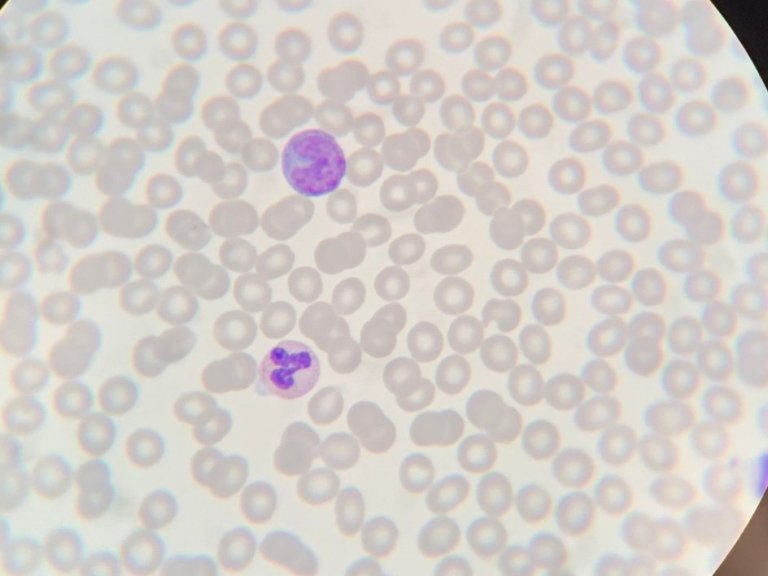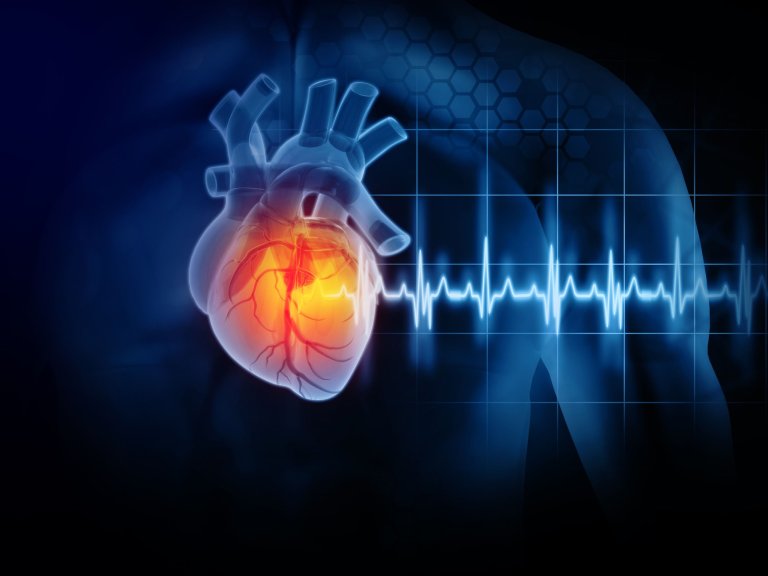"Our research shows that a rapid first shock is of vital importance. If the first shock was given within six minutes, it was possible in 93% of the cases to stop the heart rhythm disorder ventricular fibrillation (VF) - which causes the cardiac arrest. If the initial shock was delayed and was only given after more than 16 minutes, for example, this percentage dropped to 75%," says Remy Stieglis, researcher at Amsterdam UMC. The study shows that every minute of delay to the initial shock leads to a 6% lower chance of survival until hospital discharge.
Research on resuscitation by ARREST
Since 2005, ARREST (AmsteRdam REsuscitation STudies) has been collecting detailed data on resuscitation attempts in North Holland in collaboration with emergency services and hospitals. For this specific study, data was gathered from those who had suffered a cardiac arrest, caused by VF, in the presence of a witness. This allowed the researchers to determine the time from the emergency call to the first shock very accurately and, thus, the impact of the time to the first shock to be analysed.
Successful shock
"After a successful shock (defibrillation), VF is terminated and changes to a normal heart rhythm or a completely absent heart rhythm (asystole). In our study, a shorter delay to the first shock also led more often to a normal heart rhythm of the patient. After a successful shock, VF may reoccur, requiring another shock. The chance of this also decreased with a shorter time to first shock," says Christian van der Werf, cardiologist and researcher at Amsterdam UMC.
Improving outcomes
By investing in the entire 'chain of survival' with the aim of shortening the duration from the emergency call to the first shock, outcomes after cardiac arrests can be improved. "In the Netherlands, a lot of work is being done to achieve a rapid initial shock through the dispatch of first responders (e.g. first responders via the volunteer responder system HeartbeatNow, police and/or fire brigade) and many available AEDs, but in 3 out of 4 resuscitation attempts in our study, we did not reach those six minutes. More central control with concrete actions and further research is needed to achieve this goal in all cases. More attention should also be paid to this abroad in order to keep the time until the first shock as short as possible. Our data shows that it pays off," says Hans van Schuppen, anesthesiologist and director of ARREST.




